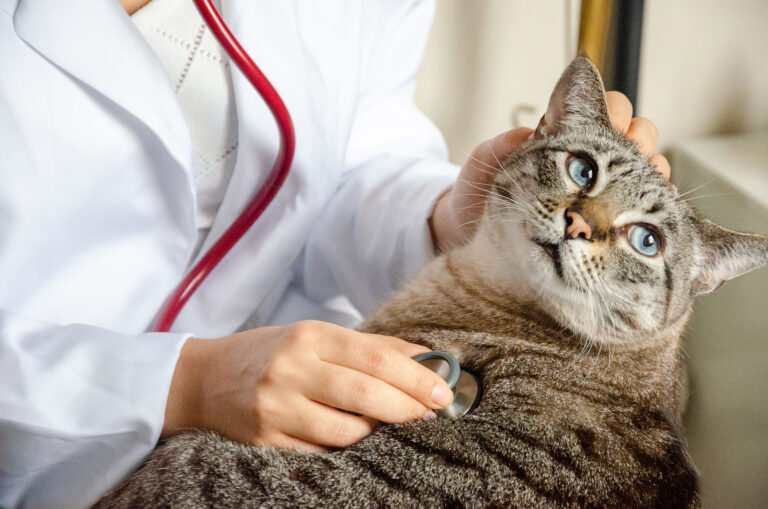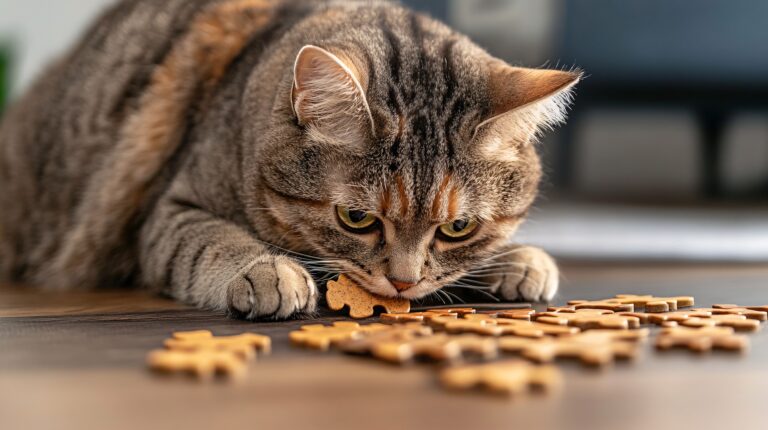Top Tips for Maintaining Your Pet’s Dental Health
Our furry friends bring immense joy and companionship into our lives, and it’s our responsibility as pet owners to ensure their well-being. One often overlooked aspect of pet care is dental health. Just like humans, pets can suffer from dental issues that can impact their overall health. In this blog post, we’ll explore some top tips for maintaining your pet’s dental health, ensuring they have strong teeth and healthy gums for a happy and comfortable life.
Regular Brushing
One of the most effective ways to keep your pet’s dental health in check is through regular brushing. Use a soft-bristled toothbrush and pet-friendly toothpaste to gently brush your pet’s teeth. Start slowly, allowing your pet to get used to the sensation. Gradually increase the duration until you can brush their teeth for at least two minutes. Aim to brush their teeth at least two to three times a week.
Dental Treats and Toys
There’s a wide range of dental treats and toys designed to promote oral health in pets. Look for products that are endorsed by veterinarians and specifically formulated to reduce plaque and tartar buildup. Chew toys not only provide entertainment for your pet but also help keep their teeth clean by reducing the accumulation of bacteria.
Quality Diet
A well-balanced and nutritious diet is crucial for your pet’s overall health, including their dental well-being. Opt for high-quality pet food that supports dental health. Some pet foods are designed to reduce plaque and tartar buildup, promoting healthier gums and teeth. Consult your veterinarian to determine the best diet for your pet’s specific needs.
Regular Dental Check-ups
Routine veterinary check-ups are essential for maintaining your pet’s dental health. Your veterinarian can identify early signs of dental problems, such as gum disease or tooth decay, and provide appropriate treatment. They may also recommend professional dental cleanings to remove stubborn plaque and tartar.
Water Additives
Consider adding dental water additives to your pet’s water bowl. These additives are formulated to help control plaque and reduce the risk of dental issues. They are a convenient and easy way to supplement your pet’s oral care routine.
Be Observant
Pay attention to any changes in your pet’s behaviour or eating habits. Signs of dental issues may include bad breath, reluctance to eat, drooling, or pawing at the mouth. If you notice any of these signs, consult your veterinarian promptly to address the problem before it worsens.
Conclusion
Caring for your pet’s dental health is an integral part of responsible pet ownership. By incorporating these top tips into your routine, you can help ensure that your furry companion enjoys strong teeth and healthy gums throughout their life. Remember, a happy and healthy pet starts with proper care and attention to all aspects of their well-being, including their dental hygiene.








